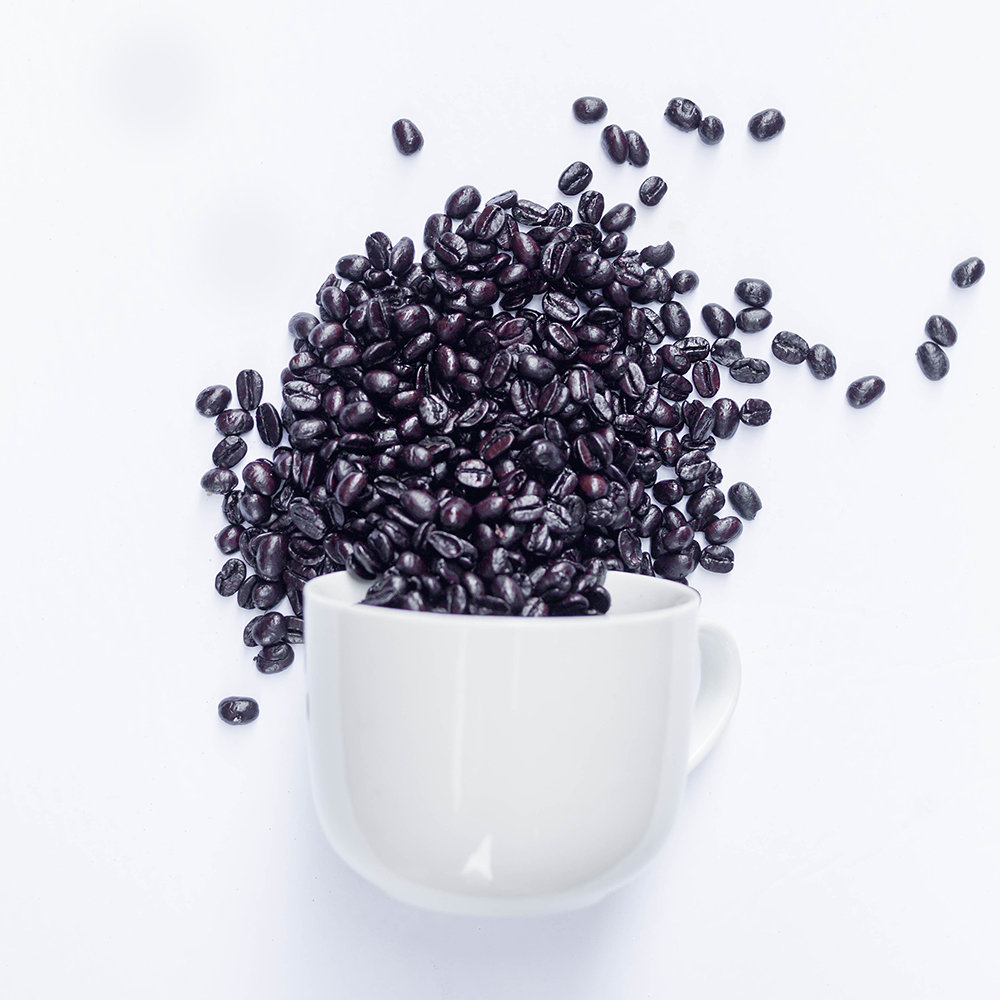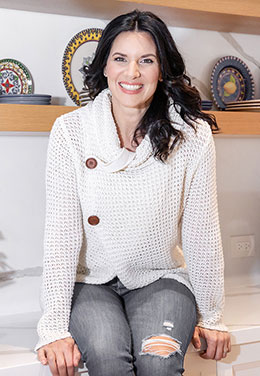 In the grand scheme of things, coffee is not the most controversial thing to consume, but in my circle (aka nutritionist land), there is a split on whether you should consume it or not.
In the grand scheme of things, coffee is not the most controversial thing to consume, but in my circle (aka nutritionist land), there is a split on whether you should consume it or not.
Today I’m breaking down both sides of the coin and exploring what some experts are saying about the positive and negative effects of that good old cup of joe.
So pull up a comfy chair and an organic brew of your favourite coffee or tea for this one. It’s a doozy, but also super interesting!
ON THE NEGATIVE SIDE
When consumed in high amounts, caffeine does have the ability to cause a cascade of negative reactions in the body, especially for those people who wake up with no skip in their step unless they have a cup of java. If you’re somebody who cannot function (literally) without a jolt of coffee first thing in the morning, you may want to check out this list and reconsider your routine:
- Because it’s a stimulant to our nervous system and lingers in our system for many hours, caffeine can have a negative effect on our hormones Adenosine, Adrenaline, Cortisol and Dopamine, and can cause the jitters.
- If you are a slow metabolizer of coffee (which you can determine through genetic testing) it can interfere with your sleep.
- It can cause headaches and migraines – and if you do experience these, consider cutting back or getting off coffee completely and watch the headaches disappear.
- According to nutritionist and founder of the Academy of Culinary Nutrition Meghan Telpner, caffeine can cause weight gain by:
- Belly fat is associated with hormonal imbalances (which can come from consuming caffeine as we saw above) due to elevated levels of insulin, cortisol and adrenaline
- Too much caffeine can lead to adrenal fatigue
- Suppressed thyroid function
- When we overconsume coffee we could be causing insulin resistance leading to type 2 diabetes
- Some people, due to genetics, can’t metabolize caffeine very quickly and when this is the case – it’s not good for the heart.
ON THE POSITIVE SIDE
The positive side of coffee drinking comes with a caveat for me; if you drink conventionally grown, heavily sprayed coffee with herbicides and pesticides then you may not experience the list of benefits that have been found, so try to choose your beans consciously and with health in mind.
Interestingly, for the same reasons coffee can be bad for you, it can be good for you according to some experts. The difference lies in other factors like lifestyle, type of coffee and quantity of coffee. Having said that – the list of positive effects looks pretty familiar to the negative list.
- Coffee has a ton of antioxidants – these are protectors of the body – and is probably one of the primary ways people are getting their daily antioxidants in North America.
- It has been linked to cancer reductions, type 2-diabetes reduction and is correlated with a 30% decreased risk of dying prematurely.
- Caffeine consumption has also been linked to weight loss, another confusing counter-argument.
- It has been associated with decreased rates of Parkinson’s disease and elevated moods.
- Studies have also shown that coffee can decrease pain and sharpen the mind.
- Reduces ageing and inflammation and coffee drinkers tend to live longer than non-coffee drinkers.
SO WHERE DOES COFFEE STAND?
There is compelling evidence for both positive effects and negative effects of coffee consumption. Ultimately you need to listen to your body, consult with your physician, work with nutritionists and health practitioners to figure out where coffee lands for you.
WHY I CHOOSE TO DRINK COFFEE
After taking all things into consideration, my morning ritual of a cappuccino (with coconut milk) will be staying in my routine for now. I have discovered that I’m a one-coffee-a-day kinda gal, and I don’t experience any side effects, but if I had 2 or 3, then I’d be bouncing off the walls and have headaches and that, my friends, is not for me. I have a positive experience with coffee, especially because I have it in the wee hours of the morning when everyone is still sleeping and I just enjoy the moment!
ENVIRONMENTAL IMPLICATIONS OF COFFEE
There is a third side to this story though and that’s the environmental side of coffee. Today’s coffee is produced in much the same way cacao is (Blog: Unethical Cacao) and it’s important to be informed on the environmental hazards of mass-producing coffee.
Coffee is one of the most heavily sprayed crops in the world.
Coffee should be grown in shaded areas on bushes. Most coffee growers cut down huge areas of rainforest to make room for coffee growing fields out in the sun to grow coffee at a faster rate, which is environmentally damaging.
To increase production and grow coffee faster, most coffee growers douse the beans with chemicals (they do the same with wheat by the way – but that’s for another post).
“Life is too short to drink bad coffee. And life’s also too precious to drink unsustainable coffee — grown using pesticides and harvested by people around the world who aren’t paid a fair, living wage for their work.” By Jonathon D. Colman
Consumers are becoming more aware of this horrible practice and are choosing fair trade more often, however fair trade is beneficial for farmers to make sure they are getting fair wages (which is important), but it doesn’t mean it’s organic or shade grown.
The best possible choice of coffee to purchase is Organic, Shade Grown, Fair Trade and that’s not so easy to find. Organic, fair trade is popping up everywhere but shade grown is much more challenging.
And, of course, when you elevate the quality of what you consume you will pay more for it – but if you don’t over-consume it – it’s affordable.
Let’s also not forget the cost to the environment is at a much higher price than the cost of organic coffee. And if you’re throwing back 3-4 cups a day – that can break the bank, damage your hormones and leave you with headaches and bad sleep anyway.
WHERE TO BUY
Many grocers these days carry Organic, Fair Trade coffee and you can be sure to find it at Healthy Planet or Whole Foods. I’m personally not a Costco member, but with all their organic products these days – if it’s not already sold there – I’m willing to bet it will be soon!
Shade grown, however, is more challenging to buy, but check out this website for organic, fair trade, shade grown coffee as a resource: http://www.groundsforchange.com/index.php?
THE BOTTOM OF THE COFFEE CUP (I MEAN, THE BOTTOM LINE)
Consider all the implications when you are sipping and smelling the next beautifully flavoured coffee you drink.
Coffee can be enjoyed and doesn’t have to be given up – but that it shouldn’t come at the expense of your health, the health of the environment and the well-being of the farmers and workers who are trying to make a living growing it for you.
Bottom line? Be conscious of what you’re consuming – and enjoy!



What’s up to every body, it’s my first visit of this weblog; this weblog includes remarkable and really
excellent stuff for readers.